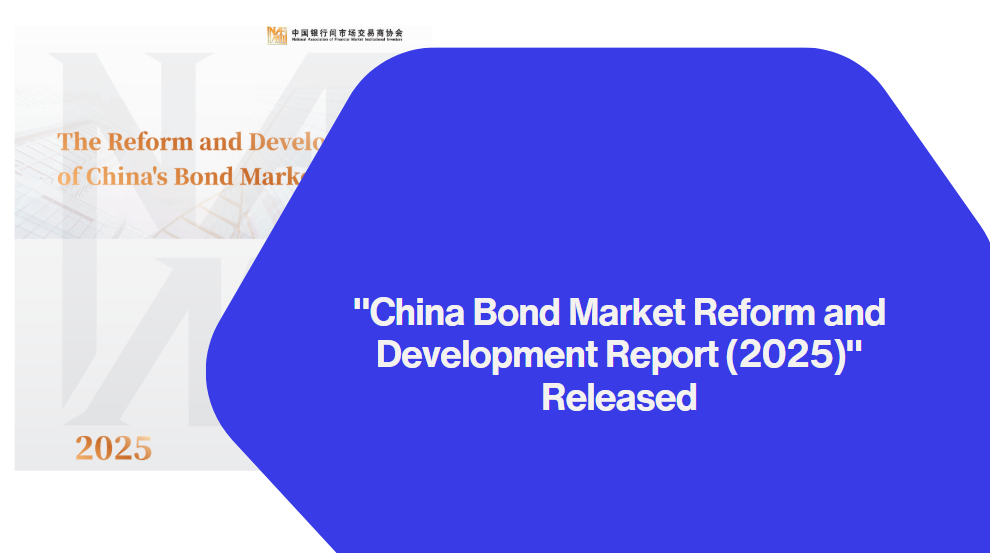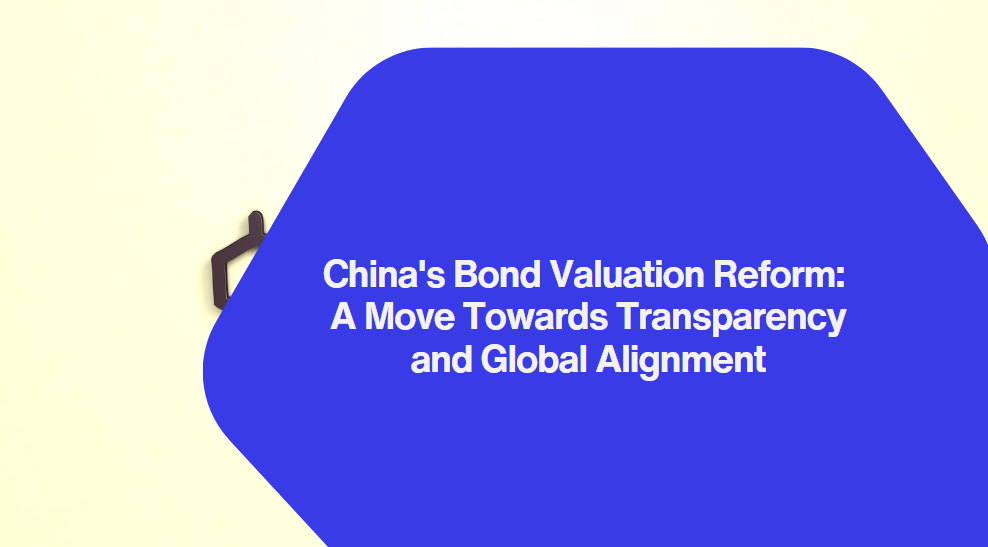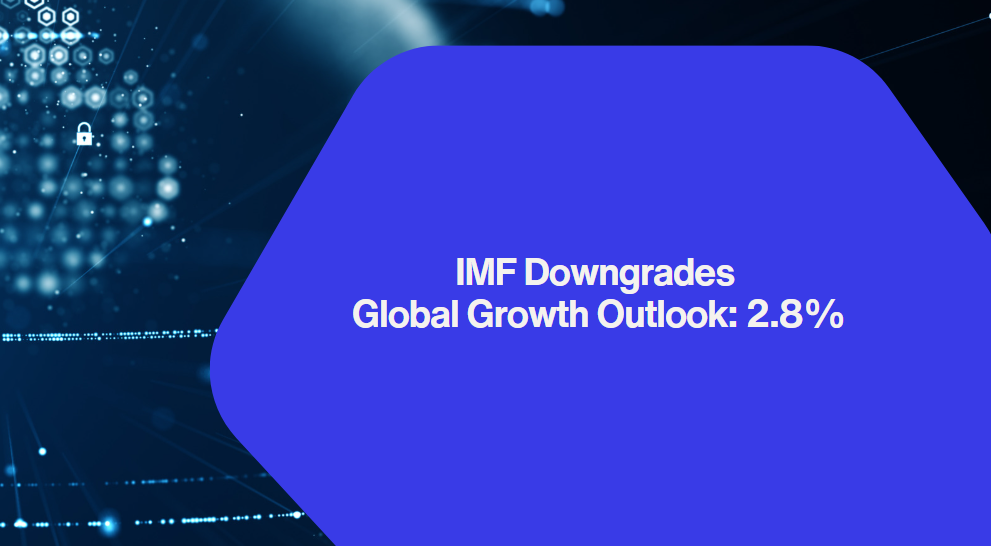Key Takeaways from China's 2024 Market Access Negative List: Implications for Cross-Border Financial and Professional Services
On March 29, 2024, the National Development and Reform Commission (NDRC) and the Ministry of Commerce (MOFCOM) jointly released the updated version of China's Market Access Negative List. This list—applicable to both domestic and foreign entities—defines sectors and activities restricted or prohibited from market entry.
While the number of restricted items has been reduced from 117 to 106, the updated list reflects more precise definitions of risk-prone activities, especially in areas such as financial innovation, digital infrastructure, and specialized professional services. For institutions engaged in cross-border financial services, legal and tax advisory, ESG certification, or carbon-related business models, several revisions merit close attention.
1. Financial Products and Services: Pre-Approval Remains Mandatory
The 2024 list reiterates that no financial product may be introduced to the Chinese market without prior approval from the relevant financial regulatory authorities. This applies not only to traditional instruments but also to:
Structured financial products,
Algorithm-driven or automated asset management tools,
Products involving distributed ledger technology (DLT) or tokenization,
Models that simulate or substitute traditional banking, insurance, or securities services.
The revised language emphasizes that "activities exhibiting the characteristics of financial products"—even if not explicitly labeled as such—fall within the pre-approval requirement. This clarification aims to prevent regulatory arbitrage by disguising financial functions under non-financial business models.
▶ Recommendation: Financial service providers and technology platforms operating across borders should conduct thorough legal assessments to determine whether their offerings fall under the scope of “financial product” as interpreted under PRC regulatory standards.

2. Digital Infrastructure and Data Services: Risk Classification Takes Precedence
The list retains restrictions on market access for entities engaged in the construction or operation of:
Critical information infrastructure (CII),
Big data centers involving sensitive personal or industrial data,
Cloud computing platforms with cross-border connectivity.
Activities associated with important data processing, particularly in the context of cross-border data flows, remain subject to prior security assessments and may require additional licensing.
While no new prohibitions have been introduced in this domain, the framing suggests an enhanced risk-based approach, whereby the nature and sensitivity of data—rather than ownership or business form—become the core determinants of regulatory scrutiny.
▶ Recommendation: Enterprises involved in digital service delivery, API-based financial platforms, or data analytics should align internal controls with the Multi-Level Protection Scheme (MLPS 2.0)and cybersecurity classification protocols to ensure operational eligibility.
3. Professional Services: Gradual Liberalization with Compliance Requirements
The 2024 update removes certain sectoral restrictions affecting professional service providers. Market access is now more flexible for businesses engaged in:
Asset valuation and appraisal,
Credit rating and risk analysis,
Non-litigation legal services,
Technical standard certification and compliance auditing.
This policy shift facilitates greater participation by private and foreign-owned firms in China's investment, compliance, and consulting ecosystem—provided they complete requisite filings with sectoral authoritiesand adhere to applicable licensing standards.
It is important to note that in regulated industries, foreign-affiliated firms may still need to cooperate with licensed domestic partners, especially where market conduct rules or confidentiality obligations apply.
▶ Recommendation: Multinational service providers should perform a service-by-service compliance review to determine whether each business line requires local registration, licensing, or co-operation with local licensed entities.
4. Environmental Services and Carbon Market Participation: Encouraged but Supervised
The updated list reflects incremental openings in areas related to carbon emission verification, green finance, and voluntary carbon markets (VCM). Third-party verification services, ESG rating providers, and carbon-related trading platforms are increasingly viewed as essential infrastructure to support China's dual-carbon targets.
The removal of prior restrictions on certain environmental assessment services indicates regulatory openness to market-led solutions, particularly those that leverage international standards and methodologies.
Nonetheless, given the strategic policy relevance of carbon and environmental finance, these activities are likely to remain subject to sector-specific oversight.
▶ Recommendation: Institutions operating in the climate finance or ESG space should ensure that their methodologies are consistent with PBoC's green taxonomy and applicable national guidelines, particularly when offering cross-border services.
Regulatory Perspective: Function Over Ownership
A key implication of the 2024 list is the continued shift from ownership-based to function-based regulation. In contrast to previous frameworks that primarily distinguished between domestic and foreign capital, the current list focuses on business models, operational risks, and compliance structures.
This signals a regulatory orientation that prioritizes risk containment and sectoral order, while selectively encouraging foreign participation in areas where it supports national objectives—such as green finance, technical standardization, and professional services.
▶ Recommendation: Foreign-invested enterprises should interpret the Market Access Negative List not in isolation, but in coordination with other regulatory frameworks, including the Catalogue for Encouraged Foreign Investment, sectoral administrative measures, and local pilot zone policies.





















































First, please LoginComment After ~